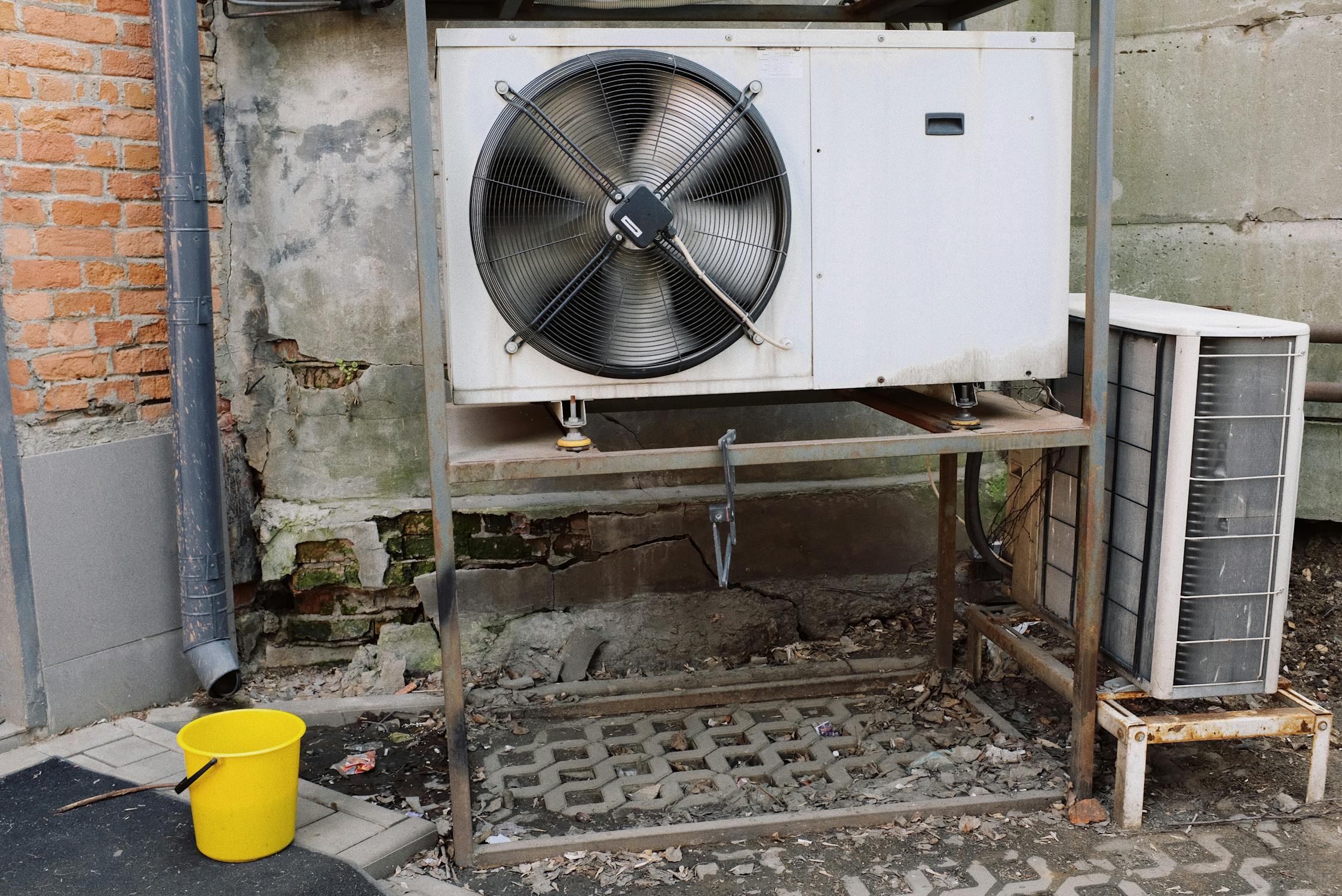How Often Should You Replace Your HVAC Filters?

HVAC systems are essential in maintaining a comfortable indoor environment, and one of the key components that ensure their efficient operation is the filter. Regular replacement of HVAC filters is crucial for maintaining air quality, energy efficiency, and the longevity of the system. Knowing when to replace these filters can save homeowners money and prevent potential health issues.
Understanding HVAC Filters
HVAC filters come in various types and efficiency levels, each designed to trap different sizes of particles. The most common types include fiberglass filters, pleated filters, and high-efficiency particulate air (HEPA) filters. Each type has its specific maintenance requirements.
- Fiberglass Filters: These are basic filters designed to protect the HVAC system rather than improve indoor air quality. They need frequent replacement due to their limited dust-holding capacity.
- Pleated Filters: Offering better filtration than fiberglass, pleated filters can capture smaller particles. They generally last longer but still require regular monitoring.
- HEPA Filters: Known for their high efficiency, HEPA filters can trap up to 99.97% of airborne particles. These are often used in environments requiring superior air quality but may not be suitable for all HVAC systems without modifications.
Factors Influencing Filter Replacement Frequency
The frequency at which you should replace your HVAC filters depends on several factors:
- Type of Filter: Different filters have varying lifespans. For instance, fiberglass filters may need replacement every 30 days, while pleated filters can last up to 90 days.
- Usage: Homes with constant HVAC use will require more frequent filter changes compared to those with intermittent use.
- Air Quality: Areas with high pollution or homes with pets and smokers may need more frequent filter replacements to maintain air quality.
- Household Size: Larger families generate more dust and debris, necessitating more frequent filter changes.
Recommended Replacement Schedules
Here is a general guideline for replacing HVAC filters based on different conditions:
| Filter Type | Replacement Frequency |
|---|---|
| Fiberglass Filters | Every 30 days |
| Pleated Filters | Every 90 days |
| HEPA Filters | Every 6-12 months |
| Homes with Pets/Smokers | Every 20-45 days (depending on filter type) |
| Allergy Sufferers | Every 20-45 days (depending on filter type) |
The Consequences of Neglecting Filter Replacement
Inefficient or clogged filters can lead to several issues:
- Poor Air Quality: Dirty filters fail to trap pollutants effectively, leading to poor indoor air quality that can exacerbate allergies and respiratory issues.
- Increased Energy Consumption: A clogged filter forces the HVAC system to work harder, increasing energy consumption and utility bills.
- System Damage: Over time, neglecting filter replacement can cause undue stress on the system's components, potentially leading to costly repairs or replacements.
- Mold Growth: Moisture trapped in dirty filters can encourage mold growth, posing health risks and damaging the HVAC system.
The Role of Seasonal Changes
The changing seasons also impact how often you should replace your HVAC filters. During peak usage times like summer and winter, your HVAC system works harder, requiring more frequent filter changes. Conversely, during milder seasons like spring and fall, you might extend the replacement interval slightly.
The Importance of Regular Maintenance Checks
Apart from replacing the filters regularly, it's crucial to schedule routine maintenance checks for your HVAC system. Professional inspections can identify issues early and ensure your system operates efficiently year-round. This includes checking refrigerant levels, inspecting ductwork for leaks, and verifying thermostat accuracy.
You can also perform some maintenance tasks yourself, such as cleaning around the unit and ensuring vents are unobstructed. However, always rely on a professional for more complex tasks to avoid accidental damage or voiding warranties.
Tapping into Technology for Reminders
Modern technology offers several tools to help you keep track of your HVAC filter replacement schedule. Smartphone apps and smart home devices can send reminders when it's time to change your filter. Some advanced HVAC systems even have built-in sensors that alert you when a replacement is due.
The Environmental Impact of Proper Filter Disposal
An often-overlooked aspect of HVAC maintenance is the proper disposal of old filters. Used filters contain dust, allergens, and other pollutants that shouldn't end up in landfills untreated. Many communities offer recycling programs for HVAC filters, or you can consult your local waste management service for proper disposal guidelines.
The environmental benefits of regular filter changes include reduced energy consumption and fewer emissions from overworked HVAC systems. By maintaining your system efficiently, you're also contributing to a greener planet.
Regularly replacing your HVAC filters is essential for maintaining good indoor air quality, optimizing energy efficiency, and ensuring the longevity of your system. The frequency of replacement depends on various factors such as filter type, household size, usage patterns, and environmental conditions. Adopting a proactive approach by utilizing technology for reminders and scheduling regular maintenance checks will help you stay on top of this vital task. Additionally, considering the environmental impact by properly disposing of used filters contributes positively to overall sustainability efforts.
A well-maintained HVAC system not only ensures a comfortable living environment but also supports better health outcomes by reducing exposure to airborne contaminants. Taking simple steps like adhering to recommended replacement schedules can make a significant difference in both short-term comfort and long-term savings.
Sources: energy.gov, epa.gov, consumerreports.org.